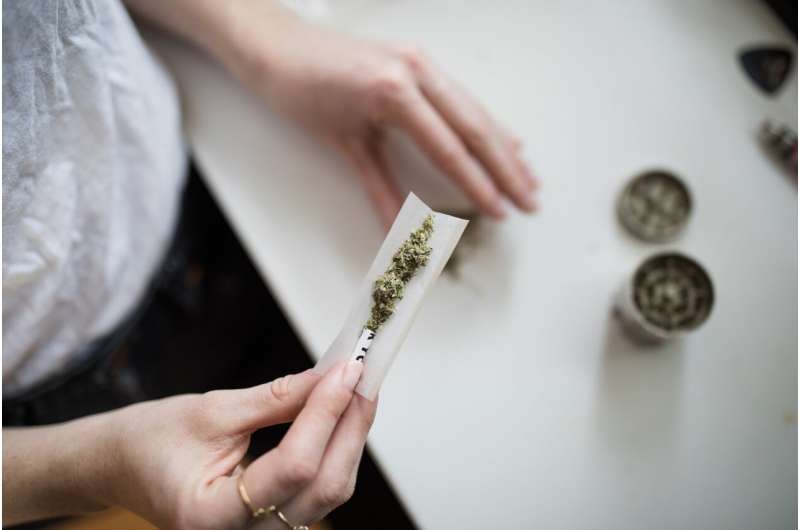College Drinking May Harm Academic Performance and Mental Well-Being of Peers

A new study shows that college students exposed to peers' alcohol-related harm face lower academic performance and increased mental health issues, emphasizing the need for better campus prevention policies.
Recent research sheds light on the broader impact of alcohol consumption among college students, indicating that the negative effects extend beyond the drinkers themselves. A study published in the Journal of Studies on Alcohol and Drugs reveals that exposure to alcohol-related behaviors—such as harassment, physical assault, unwanted sexual contact, and responsibilities like caring for intoxicated individuals—can significantly compromise students’ academic success and mental health.
Led by researcher Pamela J. Trangenstein from the Alcohol Research Group, the study surveyed 1,822 college sophomores and juniors to assess how these harms influence student experiences. Participants reported various adverse experiences caused by peers' drinking, including being harassed (15%), experiencing unwanted sexual contact (around 5%), physical assaults, and academic setbacks like dropping classes or transferring schools. Notably, over a third of students reported babysitting drinkers, highlighting the extent of peer exposure.
Findings indicated that these harms are associated with lower academic satisfaction and performance. For example, students who experienced harassment were 43% less satisfied with college, and 74% more likely to experience suicidal thoughts. Physical assaults correlated with a 58% reduction in GPA of 3.0 or higher, and students facing unwanted sexual contact were nearly three times as likely to show signs of depression.
Expert recommendations suggest colleges should adopt policies supporting safer environments, such as increasing alcohol taxes, limiting alcohol marketing, restricting availability, and creating alcohol-free residence halls. These measures aim to protect students’ overall health and academic success, emphasizing the importance of addressing alcohol-related harms within campus communities.
This study underscores that alcohol misuse impacts not just individual drinkers but also their peers—highlighting the need for comprehensive prevention strategies to foster safer and healthier college environments.
Source: https://medicalxpress.com/news/2025-08-college-linked-poor-academics-mental.html
Stay Updated with Mia's Feed
Get the latest health & wellness insights delivered straight to your inbox.
Related Articles
Supporting K-12 Students' Mental Health through Regular Check-ins and Behavior Awareness
Discover effective strategies for supporting K-12 students' mental health through regular check-ins, behavior awareness, and healthy routines to promote well-being during the school year.
Labor Day: Enhancing Social Connections Through Live Events
Discover how participating in live events during Labor Day can boost social connections and fight loneliness, supported by recent scientific research highlighted in a new study.
Depression Impairs Learning to Avoid Unpleasant Events
Research shows that depression can hinder the ability to learn how to avoid unpleasant, nonrewarding stimuli, affecting avoidance behaviors in individuals with severe symptoms.



